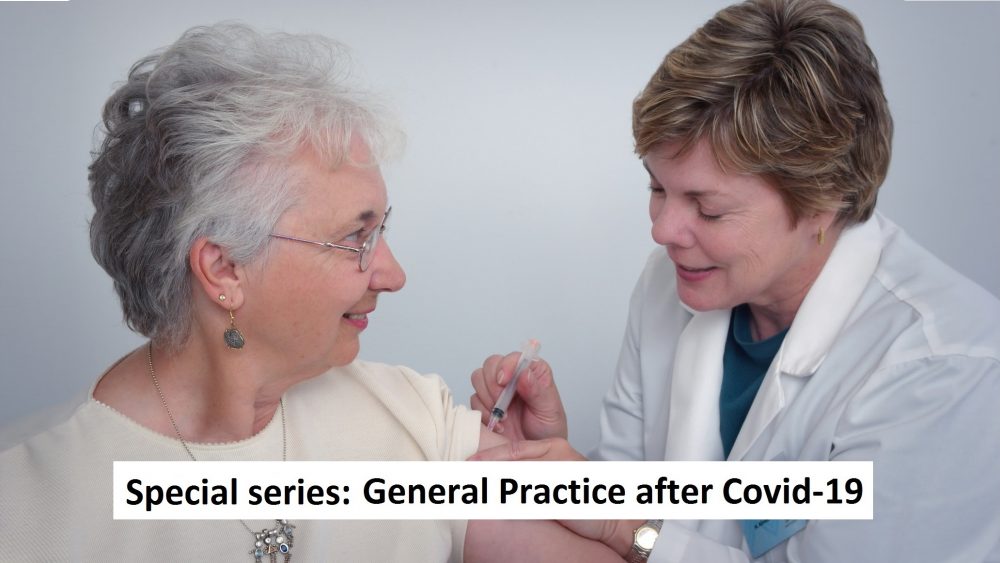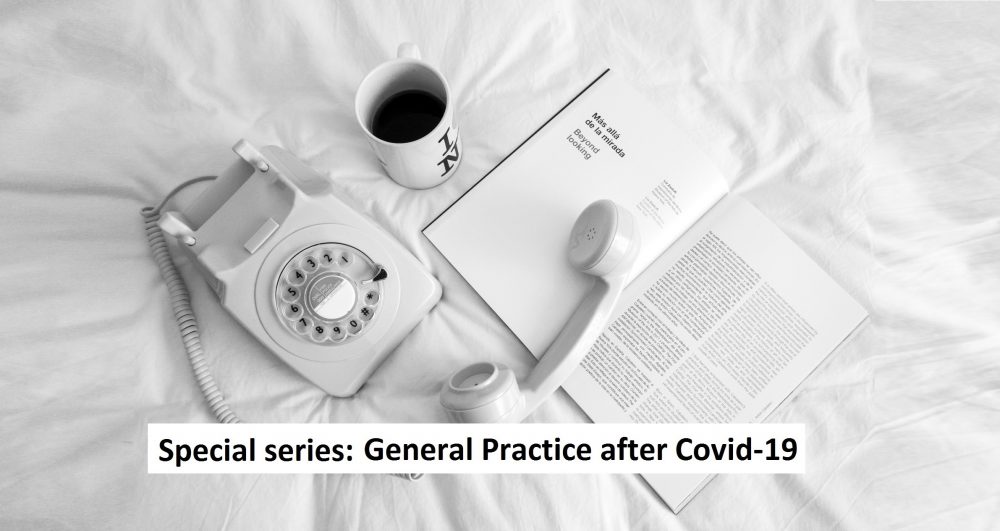
Chronic pain is debilitating and depressing. “Chronic primary pain has no clear underlying condition or the pain (or its impact) appears to be out of proportion to any observable injury or disease”.1
In July 2014 Sir Simon Wessely said in a Times article entitled ‘Pain may be in the mind’ “Many of them [chronic pain patients] have mental health disorders — anxiety, depression, etc” and “patients felt dismissed and denigrated when they were referred to mental health services…”.
We are hearing from many people who are developing ‘unexplained’ chronic pain conditions after taking antidepressants, as prescribed, and sometimes over many years – and this has often led to polypharmacy with other drugs added ‘for symptoms’ along the way, most likely including benzodiazepines, z-drugs, opioids and/or gabapentinoids. These are the five classes of drugs that were included in the PHE Review of ‘Dependence and Withdrawal associated with some prescribed medicines’ which reported in September 2019.2
…..many people who are developing ‘unexplained’ chronic pain conditions after taking antidepressants.
Of course, all of these drugs add more layers of dependency and other side-effects and adverse-effects – as well as (now slightly better recognised) complex withdrawal problems.
Building on the work of many others, who had already been raising concerns for many years, we have ourselves been campaigning, especially about the issues of adverse effects of commonly prescribed antidepressants, and also benzodiazepines, since 2014. This is summarised in our BMJ response ‘Is the BMJ – and the medical profession that it represents – really ‘listening to patients’?, April 2018.3
Following this, in Sept 2018 we prepared and published our own systemic research with the Westminster All Party Parliamentary Group for Prescribed Drug Dependence (APPG-PDD), Voice-of-the-Patient-Petition-Analysis-Report-for-publication-081018.pdf (prescribeddrug.org) , drawing directly on the detailed written evidence submitted for our 2017 Scottish and Welsh Public Petitions. This was accepted and analysed (together with further patient experience evidence) within the National Guideline Centre ‘Patient experience: review of evidence’ 2019 publication4 and was included in section 4 on ‘Patient experiences of harms’ in the PHE Review 2019.2
In late 2020 an expanded version of our work with the APPG-PDD was formally published by Therapeutic Advances in Psychopharmacology, with a specific focus on how antidepressant effects and withdrawal effects are frequently missed or misdiagnosed. This aspect has since been further explored in our article for The Journal of Critical Psychology, Counselling and Psychotherapy “The Patient Voice: Antidepressant Withdrawal, Medically Unexplained Symptoms, and Functional Neurological Disorders”.5
In this context, we were stunned to read the statement on 7 April 2021 by NICE1 that “The antidepressants amitriptyline, citalopram, duloxetine, fluoxetine, paroxetine, or sertraline are the only drug treatments that should be offered to patients with chronic primary pain because evidence shows these may improve quality of life, pain, sleep, and psychological distress, even in the absence of depression” and that “For many commonly prescribed drugs, including paracetamol, non-steroidal anti-inflammatory drugs, benzodiazepines, or opioids there is little or no evidence that they make any difference to people’s quality of life, pain, or psychological distress, but they can cause harm, including possible addiction.”
This scenario is fraught with problems. Deprescribing of polypharmacy is complex….
So, what the new NICE guideline suggests is that people will be called for review of their medications and recommended to be withdrawn from the ‘addictive’ medicines – and that ‘non-addictive’ antidepressants will be the only pharmacological option ‘recommended’. This scenario is fraught with problems. Deprescribing of polypharmacy is complex – and in any case the same people will very likely already be taking prescribed antidepressants, and already be suffering from various adverse effects of these, effects which may indeed have led on to the chronic pain conditions which resulted in polypharmacy.
As quoted in the 2014 Times article, Simon Wessely and his associates are always keen to attribute everything to people’s ‘depression’ and ‘anxiety’ … and to treat with antidepressants. There have been many concerns raised about antidepressants, which concerns seem in this new primary chronic pain guidance1 to be completely overlooked by NICE, once again. Could it be that the antidepressants are the problem, as detailed by John Warren 2020 … “why the evidence overplays benefits and unplays risks”?6
References
(1) Kmietowicz Z BMJ News April 2021 Offer exercise, therapy, acupuncture, or antidepressants for chronic primary pain, says NICE | The BMJ
(2) Taylor S, Annand F, Burkinshaw P, Greaves F, Kelleher M, Knight J, Perkins C, Tran A, White M, Marsden J. Dependence and withdrawal associated with some prescribed medicines: an evidence review. Public Health England, London. 2019. Dependence and withdrawal associated with some prescribed medicines: an evidence review (publishing.service.gov.uk)
(3) Brown M et al. BMJ rapid Response April 2018 Is the BMJ – and the medical profession that it represents – really ‘listening to patients’ and the public? | The BMJ
(4) National Guideline Centre. RCP: Carville, S, Ashmore, K, Cuyàs, A, et al Patients’ experience: review of the evidence on dependence, short term discontinuation and longer term withdrawal symptoms associated with prescribed medicines 2019. https://www.rcplondon.ac.uk/file/13705/download?token=F3JJ3PKJ.
(5) Brown, M. Lewis, S. (2021). The Patient Voice: Antidepressant Withdrawal, Medically Unexplained Symptoms, and Functional Neurological Disorders. Journal of Critical Psychology, Counselling, and Psychotherapy, 20 (4), 14-20 (1) (PDF) JCPCP v20 i04 Brown&Lewis (researchgate.net) Contents – JCPCP, Vol. 20, No. 4, Winter 2020 (egalitarianpublishing.com)
(6) Warren J B. The trouble with antidepressants: why the evidence overplays benefits and underplays risks. BMJ 2020; 370 doi: https://doi.org/10.1136/bmj.m3200









Thanks to BJGP Life for publishing this. We are deeply concerned.
Our Scottish Petition was closed on 25 March 2021, due to the upcoming Scottish election and to the concurrent launch of the ‘Public Consultation’ Short Life Working Group [SLWG] on Prescription Medicine Dependence and Withdrawal: Short Life Working Group on Prescription Medicine Dependence and Withdrawal – Consultation on Draft Recommendations – Scottish Government – Citizen Space
We urge people to participate in this online Consultation if they wish to.
[…] have suffered and continue to suffer. Even now, no-one seems to be ‘listening to patients’. I have recently expressed alarm concerning the 2021 NICE guidance for Chronic Pain – and its recommendation of […]